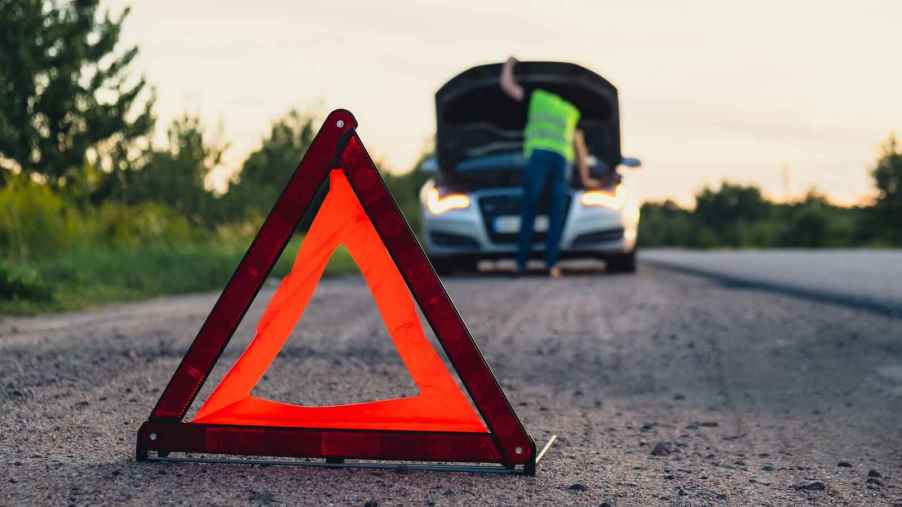
3 Signs Your Car Needs Immediate Attention
Your car is more than just a mode of transportation; it’s a complex machine with numerous components working together to ensure a smooth and safe journey. However, like any intricate system, it occasionally sends distress signals that demand immediate attention. Ignoring these warnings can lead to costly repairs, dangerous situations, or even catastrophic failures on the road.
Here are three critical signs that your car requires immediate intervention. If you encounter any of these while driving, you need to pull over.
A flashing “check engine” light
A car with a blinking engine warning light is trying to give an urgent message to the driver. The rapid on/off indicates a serious malfunction that could cause catastrophic engine failure.
I’ve seen flashing engine lights happen for low oil levels and, more commonly, clogged-up catalytic converters. The low engine oil has obvious consequences, like spendy internal engine damage. A clogged converter can block exhaust gases from exiting the tailpipe, which builds up pressure and blows gaskets – or worse.
Whatever the reason for the flashing light, continuing to drive will only cost you more.
Typically, the dash indicator is paired with some sort of misbehavior. This can include heavy misfiring or delayed acceleration.
If you see a blinking “check engine” light and you don’t pull over, the car will eventually stop functioning on its own anyway, and perhaps for even higher repair costs.

Pull over if the temperature gauge rapidly rises over the halfway mark
A rising engine temperature gauge tells you that there is likely a coolant leak. Since engine cooling systems are closed, they should never lower in level beyond a little “top off.”
Technically, you could also have a clog somewhere in the system, but these are less common.
Ignoring a rapidly rising temperature gauge can lead to catastrophic engine failure. Low coolant will cause high temps the engine is not designed to withstand and will melt, warp, or crack internal components.
At worst, you could ruin the engine.
You hear strange sounds from underneath the car
We’re talking clunks, bangs, creaks, groans, clicking, rubbing, grinding, and all else.
I’ve seen cars come in on tow beds from a wide variety of steering and suspension issues that were ignored until the vehicle became either undrivable or even uncontrollable.
While not every sound is a safety issue, there are many things that can be:
- Bad axle
- Broken strut spring
- Bad ball joint
- Bad control arm bushing
- Broken or rusty frame components – bolts, bushings, mounts
- Bad wheel bearing
- Worn-out or frozen brakes
If you’re hearing something under the car, pull over or get it checked out immediately to ensure whatever is going on won’t endanger you, your passengers, or other drivers.
Most issues are identified before they reach a critical stage when the car is regularly seen by a trusted mechanic who performs multi-point inspections with regular maintenance.





